One of the best things about the HTC One A9 is the fingerprint sensor. In my full review, I called it the “shining star” of the hardware. The sensor is fast and reliable, just like a fingerprint sensor needs to be. If it’s not fast and reliable, you’re not going to want to use it. Samsung’s fingerprint sensor on the latest Galaxy phones was starting to feel like more of a nuisance to me. I decided to compare the sensors to see if HTC’s truly is much better.
As you can see in the video, the results were not nearly as one-sided as I thought. The Samsung Galaxy S6 Edge Plus proved to be relatively fast and surprisingly accurate. The One A9 also performed well, but I was expecting that. When the One A9 failed I was able to get it right on the next try or third try, but when Samsung’s failed I couldn’t seem to get it right.
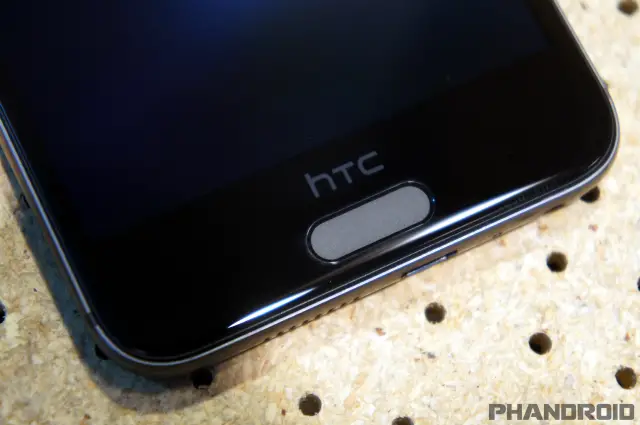
The speed of the two sensors was also closer than I anticipated. When both displays are turned on, it’s a very tight race, but HTC’s sensor is much faster when the display is turned off. However, I think that is more a fault of the software than the sensor. The Edge+ seemed to hang just a bit longer on the lock screen. There’s one thing that makes all of these results so impressive: processors.
The Edge+ is running with Samsung’s beefy Exynos 7420, while the One A9 is running a much weaker Snapdragon 617. It was still able to keep up. I can’t help but imagine how insanely fast the HTC sensor would be if it had an equal processor. Kudos to HTC for doing a great job. Hopefully, they will be able to replicate this experience on their next flagship phone. I’m not sure I can go back to a phone without one.
What do you think of these results? Which sensor do you think did the best? Does your current phone have a fingerprint sensor, and do you use it regularly?

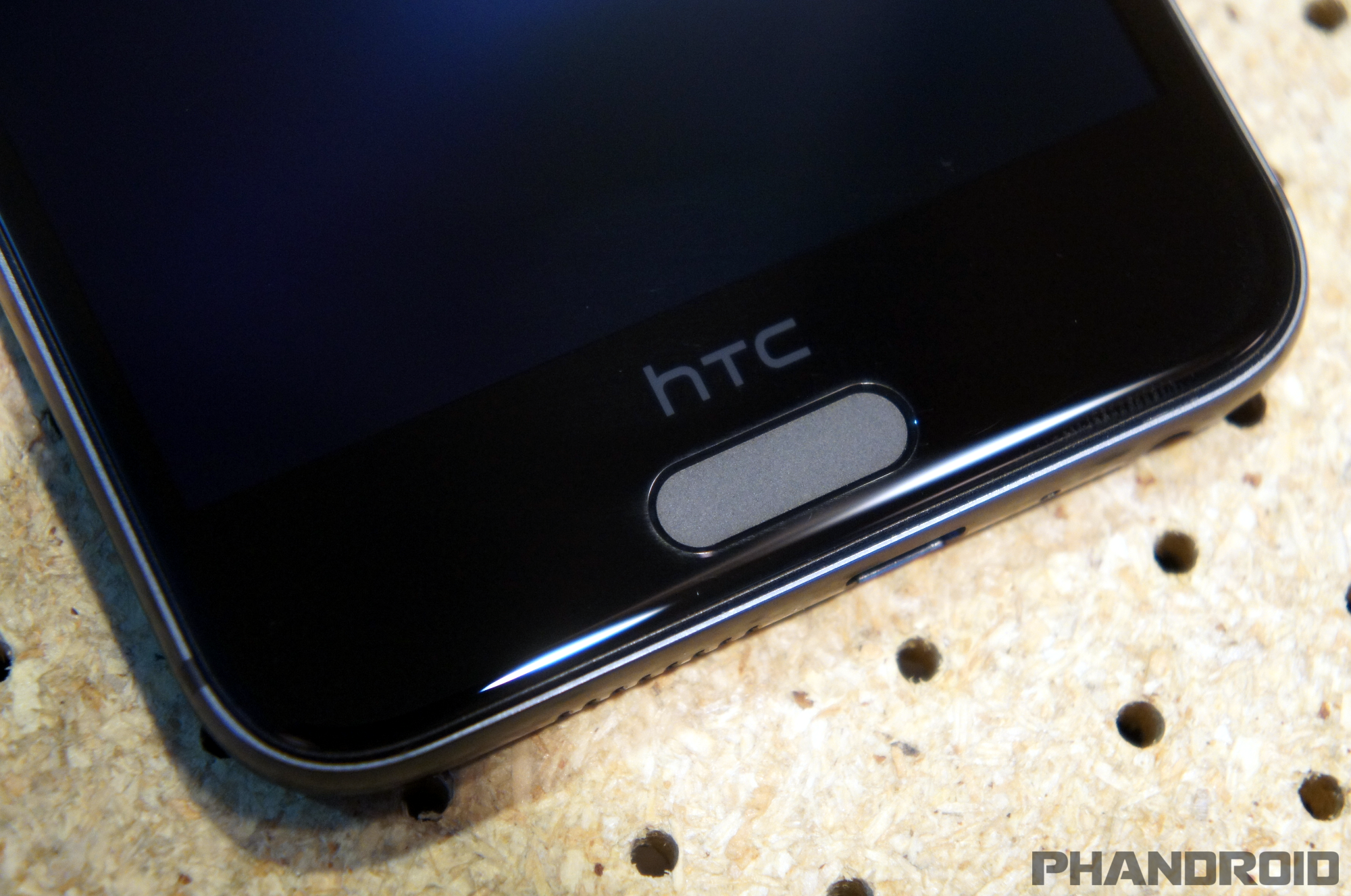


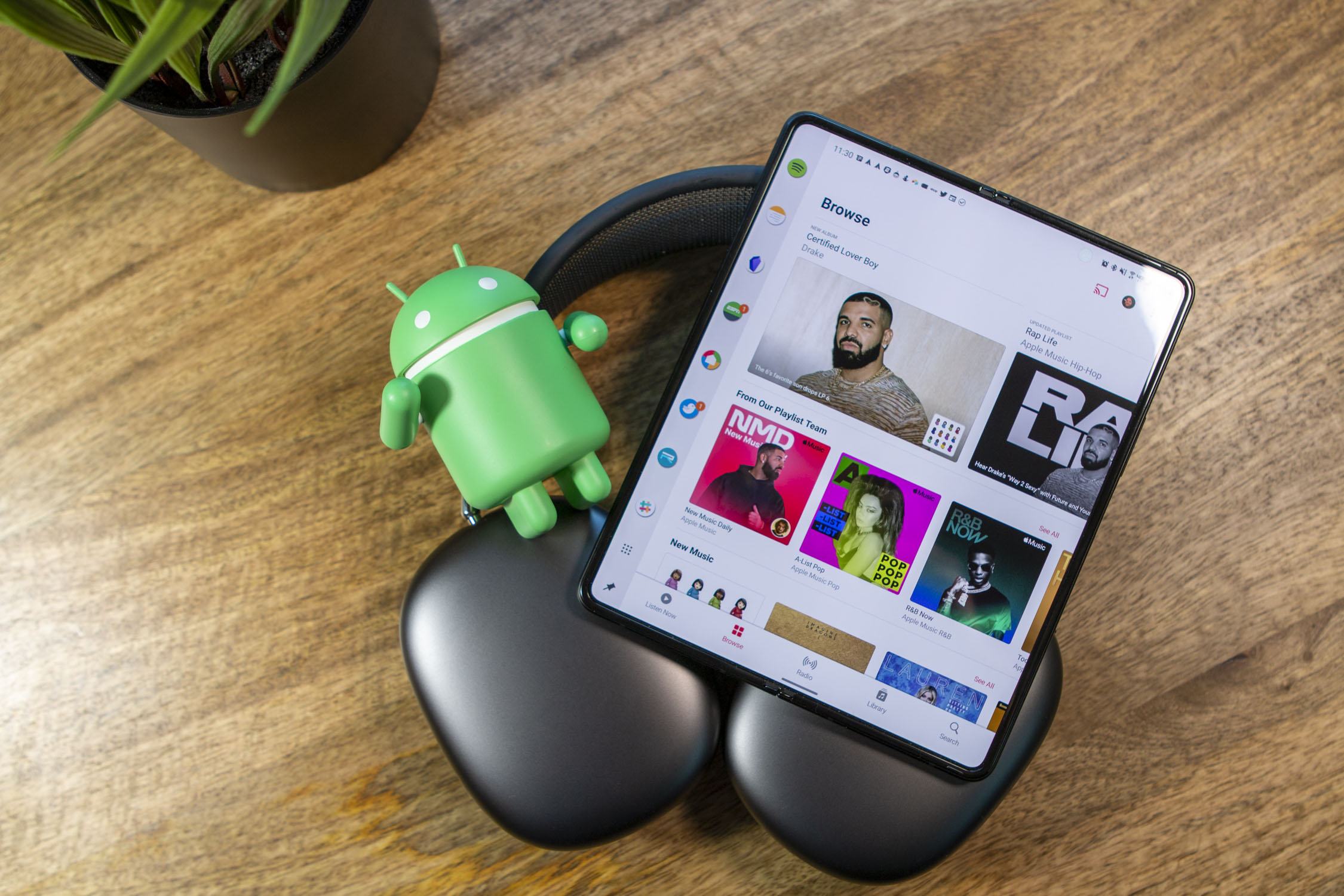

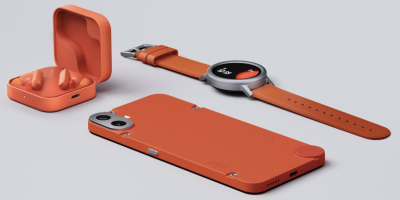


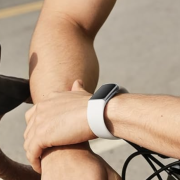


Comments